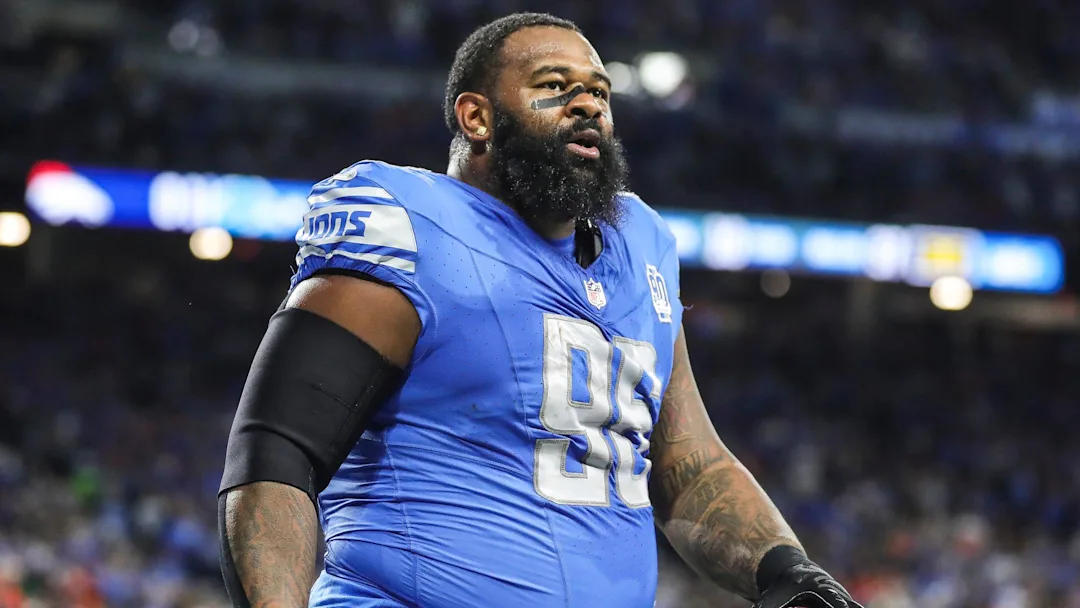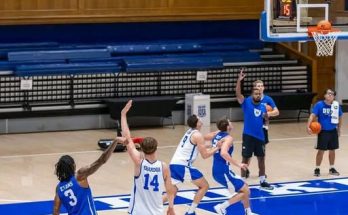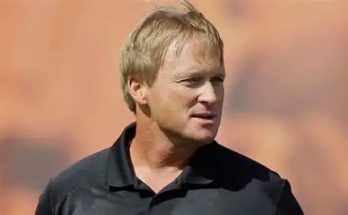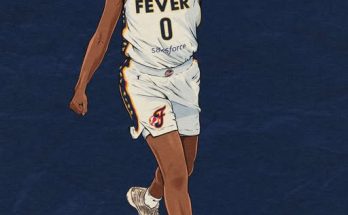Former Detroit Lions defensive lineman Isaiah Buggs can finally breathe a sigh of relief as the legal issues that once clouded his professional future have now been fully resolved. After months of speculation, court proceedings, and public scrutiny, Buggs walks away with his name cleared and a renewed opportunity to refocus on his football career.
The legal matter began during a turbulent offseason for Buggs, who found himself entangled in a misdemeanor case that made headlines not only because of his status as an NFL player but also due to the sensitive nature of the allegations. The case involved accusations surrounding alleged mistreatment of animals—a charge that carries significant social weight, especially in an era where public perception can often shape the course of an athlete’s professional life as much as on-field performance does.
Authorities had initially cited Buggs in connection with an incident involving the welfare of dogs that were reportedly left in poor condition. According to court documents, the dogs were found abandoned and malnourished, leading to misdemeanor charges related to animal cruelty. The case was filed in Alabama, where Buggs had deep personal and professional ties dating back to his college days with the Alabama Crimson Tide.
For weeks, the public narrative was dominated by headlines and speculation. The court of public opinion quickly took over as photos circulated and public pressure mounted. Buggs’ legal team responded swiftly, categorically denying the claims and providing documentation that suggested the animals in question had not been in his care for some time prior to the incident. His attorneys emphasized that Buggs had made arrangements for their care during a prolonged absence and that any negligence that may have occurred was not attributable to him directly.
Throughout the legal proceedings, Buggs maintained his innocence, reiterating that he held a strong moral opposition to any form of animal abuse or neglect. He acknowledged being a pet owner in the past and expressed regret that circumstances had led to this level of public confusion and concern. “I would never intentionally harm any animal. This is not who I am, and anyone who knows me knows that,” Buggs stated in a prepared statement during the height of the legal scrutiny.
The case took a significant turn when evidence emerged that cast doubt on the original complaint. Witness statements from neighbors and individuals familiar with the property helped paint a broader picture—one in which Buggs had moved out of the residence in question weeks before the animals were discovered. Surveillance footage, lease agreements, and communication records all corroborated his claim that he no longer resided at the home and had turned responsibility over to others. This information became pivotal in weakening the prosecution’s argument and ultimately contributed to the dismissal of the case.
Legal experts weighed in as the case evolved, noting that the bar for criminal liability in such cases often requires direct oversight or willful neglect, neither of which could be definitively proven in Buggs’ situation. The burden of proof rested on establishing a clear link between Buggs and the condition of the animals at the time they were found—a link the prosecution struggled to maintain as more facts came to light.
In late March, the court formally dismissed the charges, citing insufficient evidence to proceed to trial. The presiding judge noted that while the situation was unfortunate, the evidence did not support the assertion that Buggs had committed a crime. With the legal chapter officially closed, Buggs and his legal team turned their focus toward rehabilitating his image and reestablishing his standing in the football world.
The resolution of the legal matter comes at a critical juncture in Buggs’ career. A former sixth-round draft pick by the Pittsburgh Steelers in 2019, he had found a new home with the Detroit Lions, where his physicality and motor earned him praise from coaches and teammates alike. In 2022, he played a vital role on the Lions’ defensive front, appearing in all 17 games and recording career highs in tackles and quarterback pressures. His breakout year seemed to solidify his place as a key rotational piece in Detroit’s emerging defense.
However, the legal issues created uncertainty around his roster status, and the Lions opted not to renew his contract following the 2023 season. With free agency already a competitive space, Buggs’ legal cloud added an unwelcome layer of complexity to any team’s interest. Agents and league insiders noted that while teams respected Buggs’ talent and production, few were willing to gamble on a player under legal scrutiny—especially given the league’s heightened sensitivity to public relations in the post-Ray Rice and Deshaun Watson eras.
Now that the legal matter is behind him, the question becomes: what’s next for Isaiah Buggs?
Buggs has made it clear that he intends to resume his NFL career and is already in conversations with multiple teams. Sources close to the situation indicate that several franchises have reached out with preliminary interest, contingent on a clean bill of legal health. With that now secured, the door is open for him to participate in training camps, OTAs, or sign with a team in need of experienced defensive line depth.
The 6-foot-3, 310-pound lineman brings a unique blend of size, power, and experience. Over the course of his five-year NFL career, Buggs has consistently shown the ability to disrupt the run game and occupy double teams—a valuable trait in any scheme. Coaches have praised his locker room presence and work ethic, describing him as a player who understands his role and commits fully to executing it.
Beyond the Xs and Os, however, Buggs is entering a new chapter marked by a desire to redefine his personal brand. In a recent social media post, he shared a photo of himself training with the caption: “Humbled. Focused. Ready.” That mindset reflects the journey of a man who has had to navigate not only the physical toll of professional football but also the emotional and reputational strain of legal turmoil.
To that end, Buggs has expressed an interest in partnering with animal welfare organizations to use his experience as a cautionary tale about the importance of responsible pet ownership. He has also initiated internal discussions about launching a foundation aimed at supporting low-income pet owners with resources and education to prevent similar incidents from occurring.
Those close to Buggs say he has taken the ordeal personally and intends to emerge from it stronger and more mature. Friends and former teammates describe him as someone who has always taken pride in doing things the right way—a sentiment echoed by those in the Lions’ organization who noted his leadership qualities during his time with the team.
While the NFL is a league that rarely offers second chances without performance to back them up, Buggs appears determined to earn his next opportunity on both merit and growth. At just 28 years old, he still has plenty of football ahead of him and a clear motivation to prove that the headlines of the past few months do not define who he is as a player or a person.
Buggs’ story is not uncommon in a league where personal setbacks can quickly derail even the most promising careers. But what sets his journey apart is the way he has handled adversity—with resolve, transparency, and a commitment to improvement. His legal troubles may have briefly stalled his career, but they did not end it. In fact, they may have given him the clarity and perspective needed to reach even greater heights.
As NFL teams prepare for minicamps and roster evaluations, don’t be surprised if Isaiah Buggs’ name begins surfacing more frequently in personnel discussions. Now legally exonerated and physically ready, he stands at the intersection of redemption and resurgence—a former draft pick, now a free agent, with something to prove and nothing to hide.



